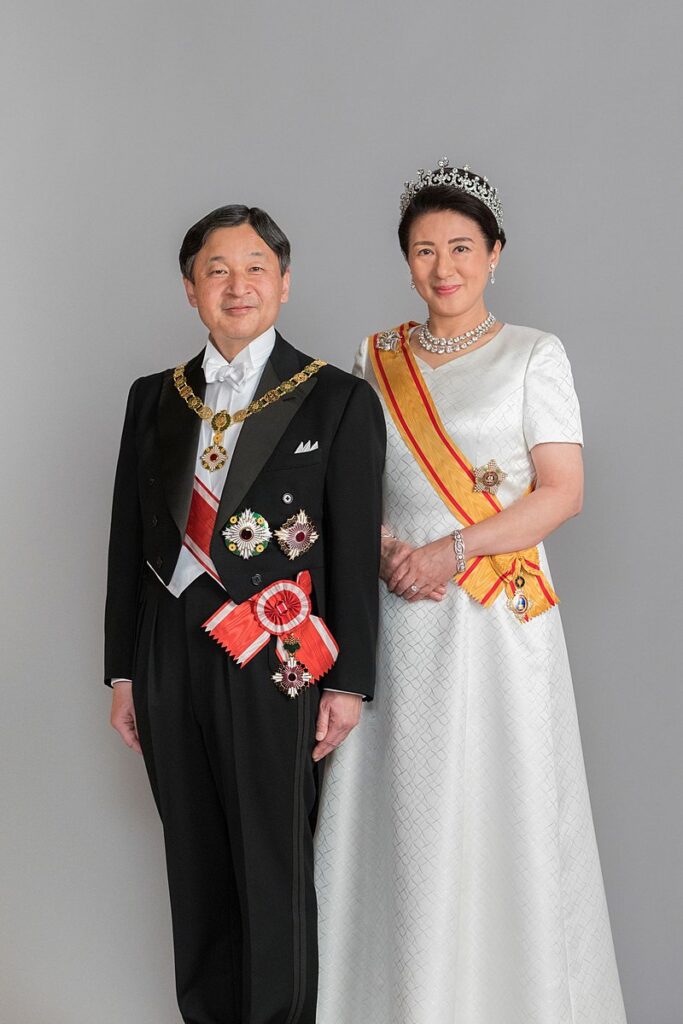Ever wondered what it feels like to hold the title of “Emperor“? It’s a term that conjures images of grandeur, power, and vast territories. But who were these emperors, really? Let’s embark on a journey through time to explore the lives and legacies of these fascinating figures.
The Origins of Imperial Rule
Ancient Civilizations and Their Emperors
Long before our modern world took shape, ancient civilizations were bustling with activity, each ruled by their own version of an emperor.
The Pharaohs of Egypt
Imagine the sun setting over the Nile, casting a golden hue over the pyramids. The Pharaohs, considered gods on Earth, ruled this land. They weren’t just political leaders; they were the spiritual backbone of Egypt, overseeing rituals and ensuring the favor of the gods.
The Emperors of China
Travel east, and you’ll find the vast landscapes of ancient China. Here, emperors like Qin Shi Huang didn’t just unify warring states; they kickstarted monumental projects like the Great Wall. Their reigns were marked by philosophies and innovations that still influence the world today.
The Role of Emperors in Shaping History
Emperors weren’t just figureheads; they were the driving force behind significant changes and developments.
Military Conquests and Expansion
Think of emperors as the original game-changers. Leaders like Alexander the Great didn’t just sit on thrones; they led armies across continents, spreading cultures and ideas, and redrawing the world’s map.
Cultural and Scientific Advancements
Beyond the battlefield, emperors were patrons of the arts and sciences. The Roman Emperor Augustus, for instance, ushered in the Pax Romana, a period where arts and architecture flourished, laying the foundation for Western civilization.
The Decline of Empires and Their Emperors
But like all good stories, the reign of emperors had its twists and turns.
Internal Struggles and Corruption
Power can be a double-edged sword. Many empires crumbled from within due to political infighting and corruption. The lavish lifestyles of some emperors drained resources, leading to unrest and rebellion.
External Threats and Invasions
No empire is invincible. External pressures, like invasions from rival factions or distant tribes, often tested the might of emperors. The fall of the Western Roman Empire, for example, was hastened by relentless barbarian invasions.
Modern-Day Monarchies and Their Relevance
Fast forward to today, and while the age of emperors ruling vast territories is behind us, some monarchies have adapted to the times.
Ceremonial Roles in Contemporary Society
In countries like Japan, the emperor holds a primarily ceremonial position. Emperor Naruhito, for instance, symbolizes unity and tradition, participating in rituals and cultural events that connect the past with the present.
The Future of Monarchical Systems
So, what’s next for these age-old institutions? As societies evolve, monarchies face the challenge of staying relevant. Some may transform, embracing modern values, while others might fade into history, leaving behind rich legacies.
Conclusion
Emperors have been at the heart of human history, leading with authority, inspiring cultural renaissances, and sometimes overseeing the decline of their realms. Their stories are a testament to the complexities of leadership and the ever-evolving nature of power.
FAQs
- What distinguishes an emperor from a king?
- An emperor typically rules over an empire, a collection of territories or nations, while a king rules a single nation or territory.
- Are there any emperors today?
- Yes, Japan still has an emperor, though his role is largely ceremonial in modern times.
- Which emperor had the largest empire?
- Genghis Khan established the largest contiguous land empire in history, stretching across Asia and into Europe.
- Did emperors have absolute power?
- While many emperors wielded significant authority, their actual power varied based on the political structures and challenges of their time.
- How did one become an emperor?
- Ascension varied: some inherited the title through dynastic succession, while others seized power through conquest or political maneuvering.
